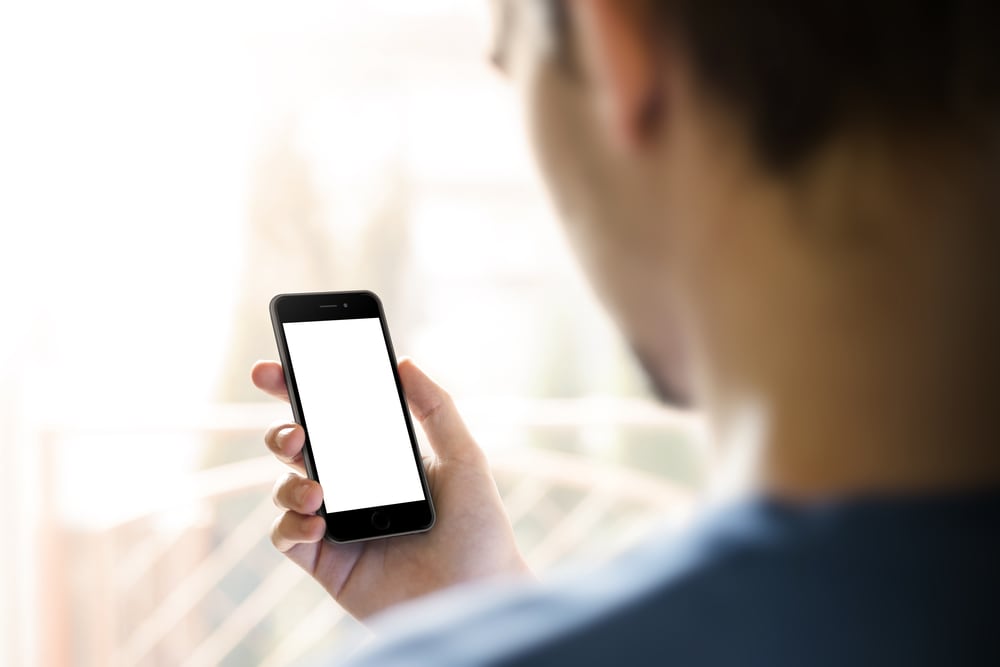iPhone? Travelling? Get out your tin foil hat… I love my tinfoil hat. I can pull it out, mold it to my cranium and be safe and protected from the government and aliens hacking my brain.
Since WikiLeaks, I like to pull it down over my ears a bit more. Then this latest FBI iPhone hack really got me thinking, so I made a new layer of foil for it.
It will impact travelers and here’s why:
So what happened?
Via the aid of an unidentified party, the FBI were able to crack an iPhone to solve a crime. Now everyone knows an iPhone CAN be cracked, so they will have a crack. Global Geeks say: “it is unlikely to stay secret for long”. They like to talk, compete, brag and test their skills. You cant tell them now that it can’t be done.
Why?

Photo: www.thenextweb.com
Think of a difficult maths question that can’t be answered. Then someone says “it can actually be done”. If someone tells you what answer to expect you can work out how to get to it and reverse engineer. One little hint is dangerous for a computer hacker. It might be enough to unravel iPhone security.
In general, should I be worried?
Got an iPhone, then yes. You have personal stuff on it, lots of data, all that, all private. Running apps, accessing websites. Apples sparkling security rating may take a hit. iPhones WILL become more vulnerable.
Conversely, “no one really worries about security anymore”. That’s an attitude for suckers.
What’s it got to do with travel?
Travel publications don’t naturally fit with tinfoil hat conspiracy theories, but here it goes.
Most digital security scams operate in cities like the ones we like to travel to. Big ones, maybe in third world countries with loose data laws. Roaming data is expensive, people use free Wi-Fi services and just accept “terms and conditions”. That makes you more vulnerable. Combine that with knowledge on how to hack iPhones and build that into a little piece of software you can now download through an unsecured network.
Now your phone doesn’t work. Different time zone. Can’t call Telstra easily now to block your SIM. Bit harder to get someone to lend a mobile to call Australia. All that time is time for someone to harvest your data, your contacts, passwords, accounts and services you use.
Like your bank app with the saved password.
But I’m an agent, not travelling…
Yes, potentially you are exposed. It is a weak link in your organisational security if anyone’s phone can be hacked and hijacked. It’s like a back door. The phone sends you an email from a colleague, with their signature, actually from their phone, saying click a link. Of course you do, you know them…
Would a competitor deliberately utilise something like this to undermine your pricing or communications? You’d like to think not but….
How do you protect yourself
Digital security is now, more than ever, a great risk for a traveller. If an iPhone can be hacked and there’s money in it for someone, it’s very hard to stop. So manage the risks, careful on free Wi-Fi, super diligent on any sites or apps you use.
Keep some 10 cent pieces in your pocket and a phone card. Maybe, just maybe, the mobile phone can’t be trusted.

